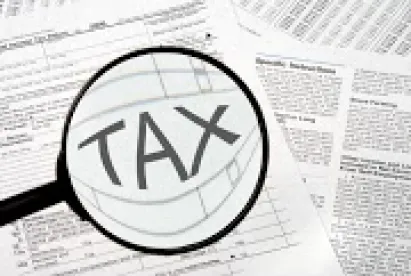On March 13, 2018, after over a year of rumors about its demise due to lack of current participation (600 applicants in 2016 vs. 18,000 in 2011), the IRS announced that the 2012 Offshore Voluntary Disclosure Program (OVDP) will end on September 28, 2018. The 2012 OVDP was the latest of three such programs IRS had created since 2009 to allow U.S. Taxpayers with potentially serious offshore compliance issues to both avoid criminal prosecution and cap any civil penalty exposure.
While the FAQs (Frequently Asked Questions) accompanying the announcement are not totally clear, it appears that Taxpayers still wishing to participate in the 2012 OVDP before it ends must be at least “precleared” (first of three required steps) and have at least applied for “preliminary acceptance” (second of the three required steps). This second step requires the submission by that date of a fully complete Offshore Voluntary Disclosure letter signed under penalty of perjury detailing the non-compliance and identifying all others involved to the IRS Criminal Investigation Division Lead Development Center in Philadelphia.
It is possible to interpret the reference to “complete” in the FAQs to mean the completion of all three required steps (including the submission of all required or delinquent returns, FBARs and other required filings) by the September 28, 2018 end date in order to participate but the current thinking is that submission of the Offshore Voluntary Disclosure Letter by that date should be sufficient. Clarification by IRS is needed on this point.
The other IRS-sanctioned pathways for remedying offshore non-compliance announced in June 2014 (the Streamlined Filing Compliance Procedure and the Delinquent FBAR and Delinquent International Information Returns Filing Procedures) are unaffected. These other programs remain an option for Taxpayers whose original non-compliance was not “willful” (a very fact sensitive determination to be made initially by the Taxpayer in choosing a particular pathway and ultimately, if an audit is initiated, by IRS).
If the Taxpayer’s conduct is deemed “willful”, all penalty protections available under these other pathways is not available and IRS may (and likely will) assert significant civil penalties even if no criminal referral is made.
The FAQs indicate however that the regular IRS Voluntary Disclosure Policy (a 60 year old policy of not criminally pursuing those who come forward before IRS finds them) remains an option for those concerned that their conduct may be seen as “willful”. However, unlike OVDP which offered protection from criminal prosecution and had specific “caps” on the civil penalties, the regular IRS voluntary disclosure policy makes no commitment on what civil penalties may be asserted. This is probably the biggest impact of the termination of OVDP.
In addition to the IRS sanctioned pathways still available, Taxpayers may also consider other remedial measures such as “quiet” disclosure (filing a number of amended or delinquent returns without paying any penalties or announcing what the Taxpayer is doing) or some variant involving amending tax returns outside the IRS-sanctioned programs. The March 13, 2018 IRS news release (like every one since early 2009 when the first OVDP was announced) has implied that IRS will look skeptically and may deal harshly with attempts at “quiet” disclosure if IRS identifies a Taxpayer doing this. However, the Internal Revenue Manual and longstanding practice prior to OVDP both considered the filing of amended returns as an appropriate way of rectifying prior nonfraudulent non-compliance.
The way in which IRS implements the termination of the OVDP program and deals with those who already have started but not completed the OVDP process in light of the end of the program remains to be seen.




 />i
/>i
